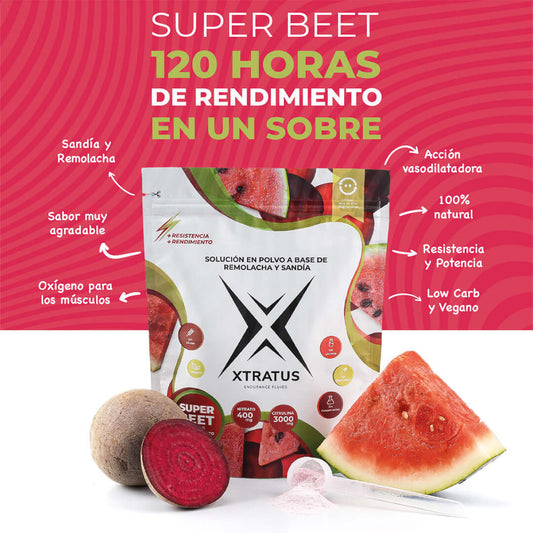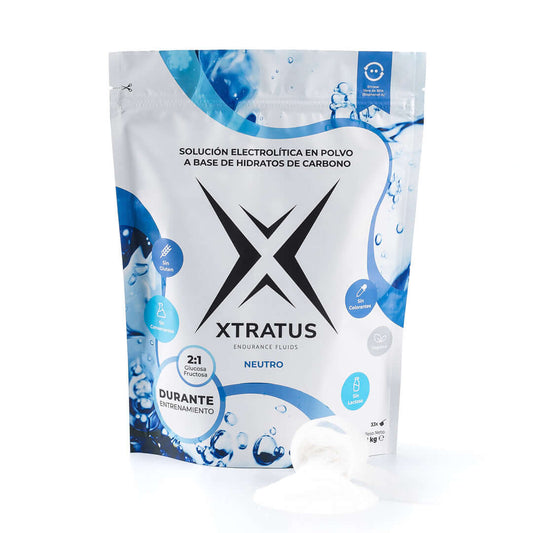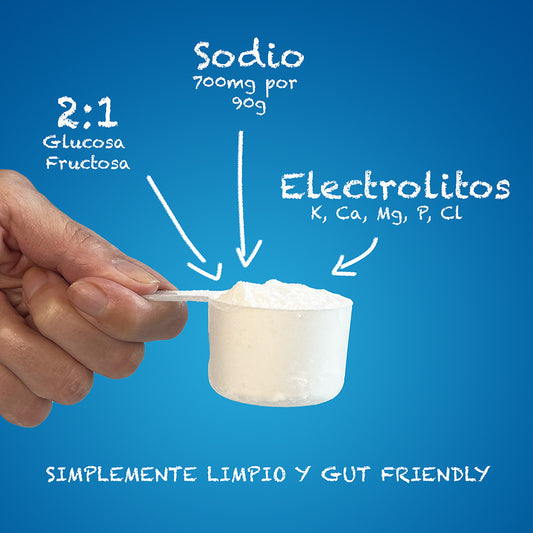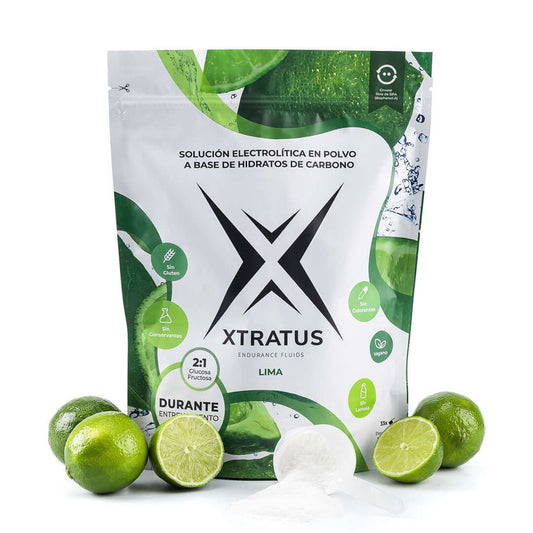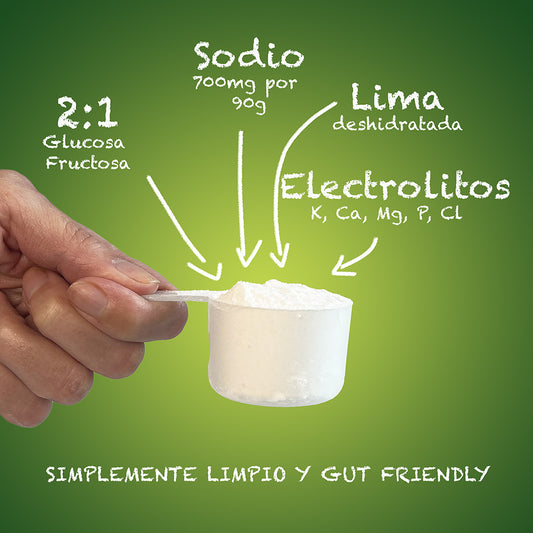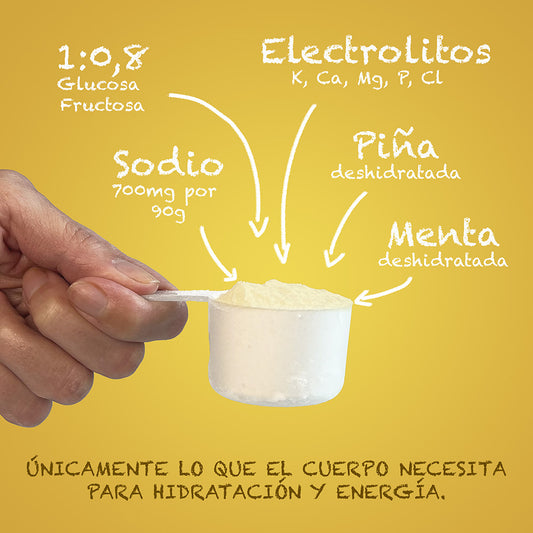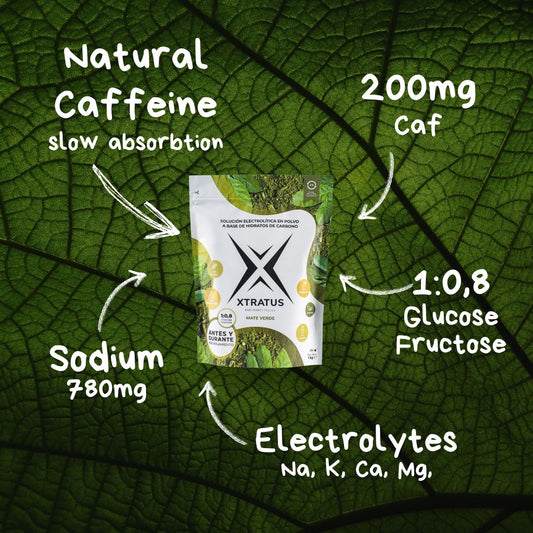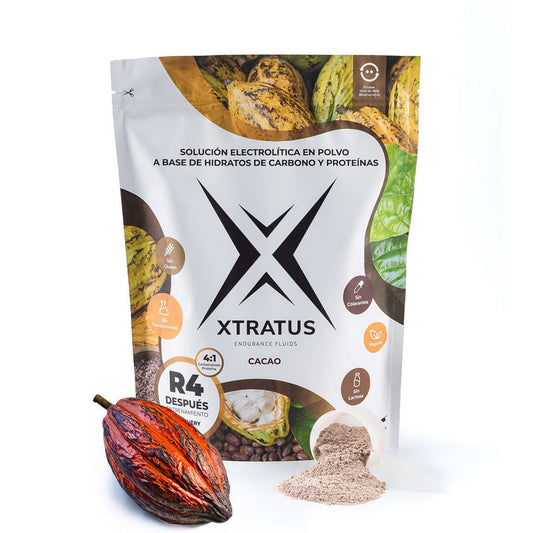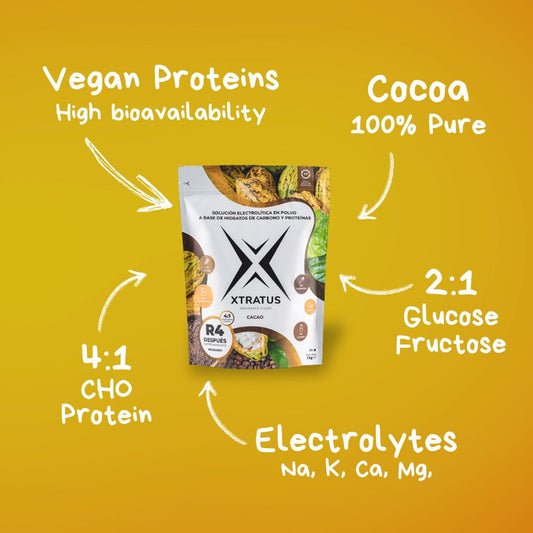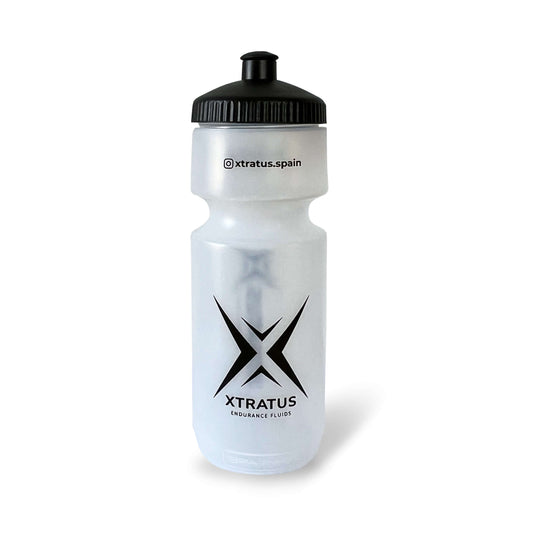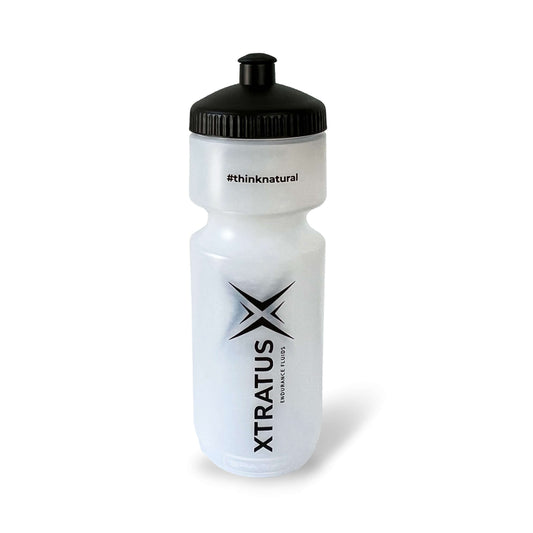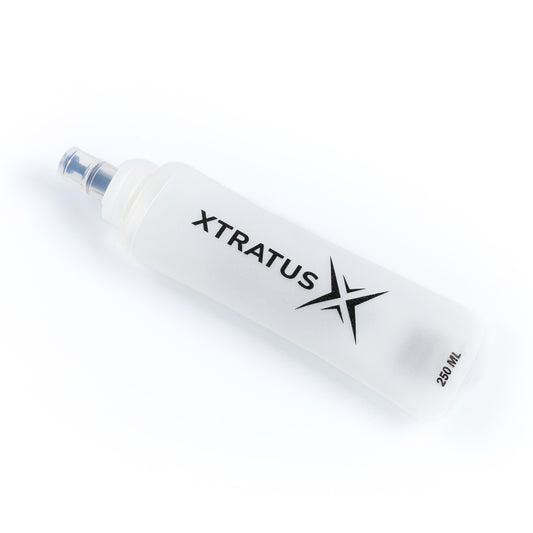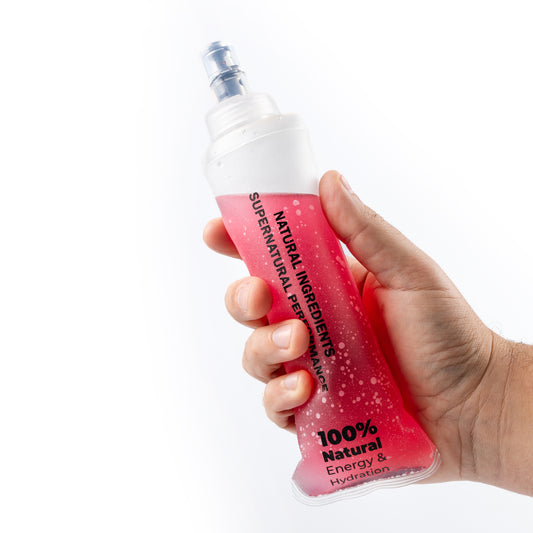
Full belly, happy heart: Why is the load of hydrates important ?
There are those who still think he is the villain, but a high-performance athlete looking to improve his performance should know: the carbohydrates are your best friend.
To sustain the body during long, high-intensity workouts, it has been extensively studied and proven that carbohydrates are our primary source of energy, essential for ensuring performance.
Before a competition or long training session, such as a marathon, it is crucial that the glycogen stores (a type of complex carbohydrate composed of several glucose molecules linked together, which functions as the main form of energy storage in the muscles and liver) are well supplied.
Think of it like a car: to travel, you need a full tank. Similarly, having full glycogen stores before a race helps prevent premature fatigue. maintain high performance.
Therefore, many athletes increase their intake of carbohydrates in the days leading up to the competition. This strategy, known as "carbo-loading" or carbohydrate loading, ensures that the body has enough energy to meet the challenge, allowing the athlete to maintain pace and endurance throughout the event.
HOURS BEFORE
Before exercise, a meal, snack, or supplement should provide rapidly absorbed carbohydrates to maintain blood glucose levels, ensure adequate caloric intake, and be low in fat and fiber to facilitate gastric emptying and minimize gastrointestinal discomfort.
DURING
During exercise, the athlete must replenish carbohydrates and electrolytes to maintain blood glucose levels, as well as minerals lost through sweat. Recent studies indicate that, for sessions lasting more than 2 hours and 30 minutes, the optimal dose appears to be between 60 and 80 g of carbohydrates per hour (Smith et al., 2010a, 2010b).
In an analysis of 17 studies based on carbohydrate consumption during exercise lasting longer than 60 minutes, 5 reported improvements in metabolic response and 7 of 12 studies reported improvements in athletic performance.
At this time, it is recommended to consume fast-absorbing, multi-transporter carbohydrates, such as glucose and fructose.
Furthermore, it is essential to avoid any foods or products that could cause intestinal discomfort. Therefore, it is advisable for athletes to test the products or foods they will consume during the competition beforehand to avoid unforeseen events that could adversely affect their performance.
AFTER EXERCISE
Here, carbohydrates also play a role. fundamental role along with proteinsCarbohydrates are important for replenishing muscle glycogen and ensuring faster recovery, while proteins help repair and rebuild tissue.
The timing of carbohydrate ingestion after exercise affects short-term glycogen synthesis. Consuming carbohydrates within the first 30 minutes after exercise, combined with protein at a ratio of 4 g of carbohydrates to 1 g of protein, further improves recovery. This results in higher glycogen levels after exercise compared to a delayed intake of carbohydrates for two hours.
Regarding the type of carbohydrate, there also appears to be a difference. Consuming high-glycemic carbohydrates results in higher muscle glycogen levels 24 hours after a glycogen-depleting exercise, compared to the same amount of carbohydrates from low-glycemic foods (Thomas et al., 2009).
However, factors such as exercise duration, environmental conditions, individual preferences, and the nutritional status of each athlete must also be taken into account to develop an effective and personalized strategy.
IN SUMMARY
If you want to keep your body strong and on its feet for longer, don't let your carbohydrate stores run dry.
Run to the store and stock up on your supplies with Xtratus.


